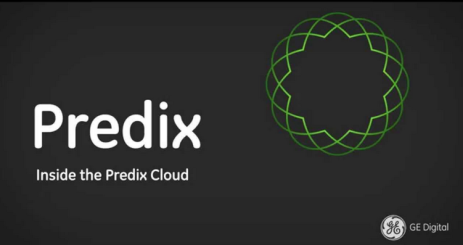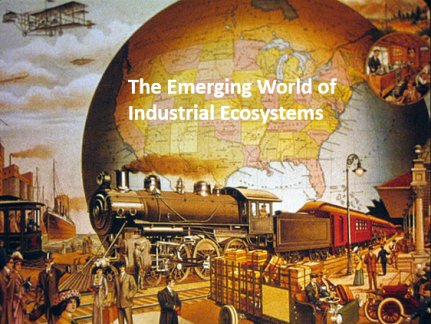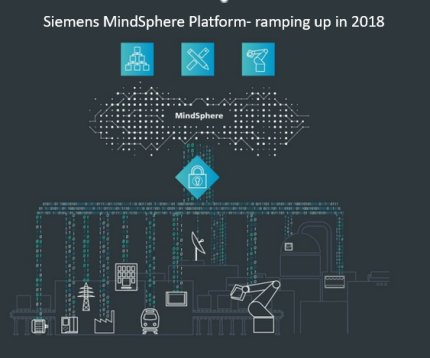 As I have been focusing on the Industrial platform providers like Bosch, Siemens, Schneider Electric and GE, you constantly see part of their partnership validation has been with Microsoft Azure, or Amazon and AWS or even both in some form or another. Comforting, reassuring perhaps, or is it?
As I have been focusing on the Industrial platform providers like Bosch, Siemens, Schneider Electric and GE, you constantly see part of their partnership validation has been with Microsoft Azure, or Amazon and AWS or even both in some form or another. Comforting, reassuring perhaps, or is it?
Both Microsoft Azure and AWS are building their own platforms also. Where would you put your money or fee’s to join?
Now if you are offering solutions that are focused specifically on solving industry problems where do you go, sign up, pay significant fees into and learn?
Would these decisions to join a platform take you towards those within an industry, the industrial builder of platforms, that build the physical assets and increasingly defining their digital services, or the providers of the digital kit, in the form of cloud, applications, data storage and security and the base platforms? Both have value but are the offerings clear enough in value or are they still leaving many potential clients still ‘sitting on the fence,’ not sure, watching what ‘plays out’
I am not sure how those within Partnership arrangement on platforms presently separate their knowledge and contribution but with the recent “slew” of Microsft Azure announcements, I wonder who is working for whom in some of these relationships? Is the one with the digital architecture just piggybacking on the industrialist back, so as to understand industrial problems and then bring out their own ‘stand alone’ solutions? Where does that leave the industrial platform providers like GE & Siemens if the likes of Microsoft and Amazon seperately offer their own platforms? Take a read here and let me know your thoughts, please? I want to understand the dynamics going on here a little better.
 IIoT platforms-as-a-service are gaining ground. In
IIoT platforms-as-a-service are gaining ground. In  I am getting fascinated by platforms and ecosystems. Does it show? This is why I am increasingly spending more time in this area as it is highly innovating in its potential.
I am getting fascinated by platforms and ecosystems. Does it show? This is why I am increasingly spending more time in this area as it is highly innovating in its potential.
 I continue to look at the world of IIoT solution platforms that are being offered to their customers which are digitally enabled, requiring connected devices to improve efficiency, productivity and increase profitability, all being provided through digital platform offerings
I continue to look at the world of IIoT solution platforms that are being offered to their customers which are digitally enabled, requiring connected devices to improve efficiency, productivity and increase profitability, all being provided through digital platform offerings
 Why do we need a new innovative architecture, for mapping out the future
Why do we need a new innovative architecture, for mapping out the future Whenever I seem to read about Platforms and Ecosystems, it mostly seems to relate to technology-led organizations and how they continue to connect us all up in our private lives.
Whenever I seem to read about Platforms and Ecosystems, it mostly seems to relate to technology-led organizations and how they continue to connect us all up in our private lives. The move towards open-cloud based IoT operating systems has been significant in the past few years or so. Most major industrial companies have set about building and offering to their clients their platforms, for more open design and engineering, automation and operational work, as well as increased emphasis on maintenance and utilization.
The move towards open-cloud based IoT operating systems has been significant in the past few years or so. Most major industrial companies have set about building and offering to their clients their platforms, for more open design and engineering, automation and operational work, as well as increased emphasis on maintenance and utilization. I was not aware until recently that there are well over 450 providers of Platforms, all offering solutions, presently giving a very fragmenting market. Collaborators be aware!
I was not aware until recently that there are well over 450 providers of Platforms, all offering solutions, presently giving a very fragmenting market. Collaborators be aware!